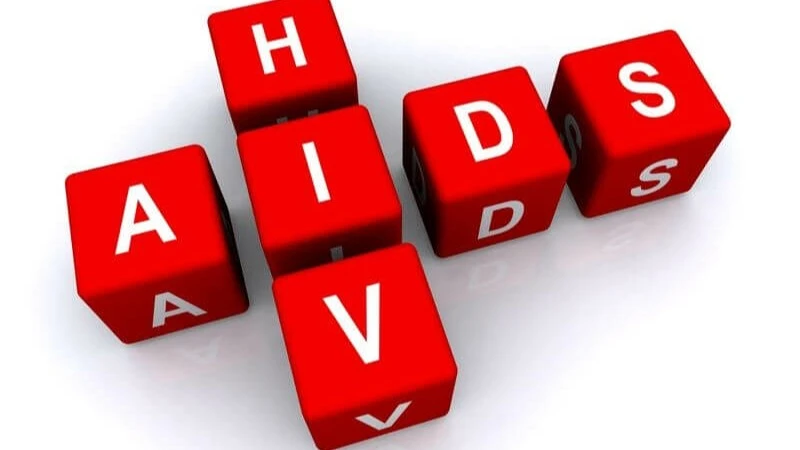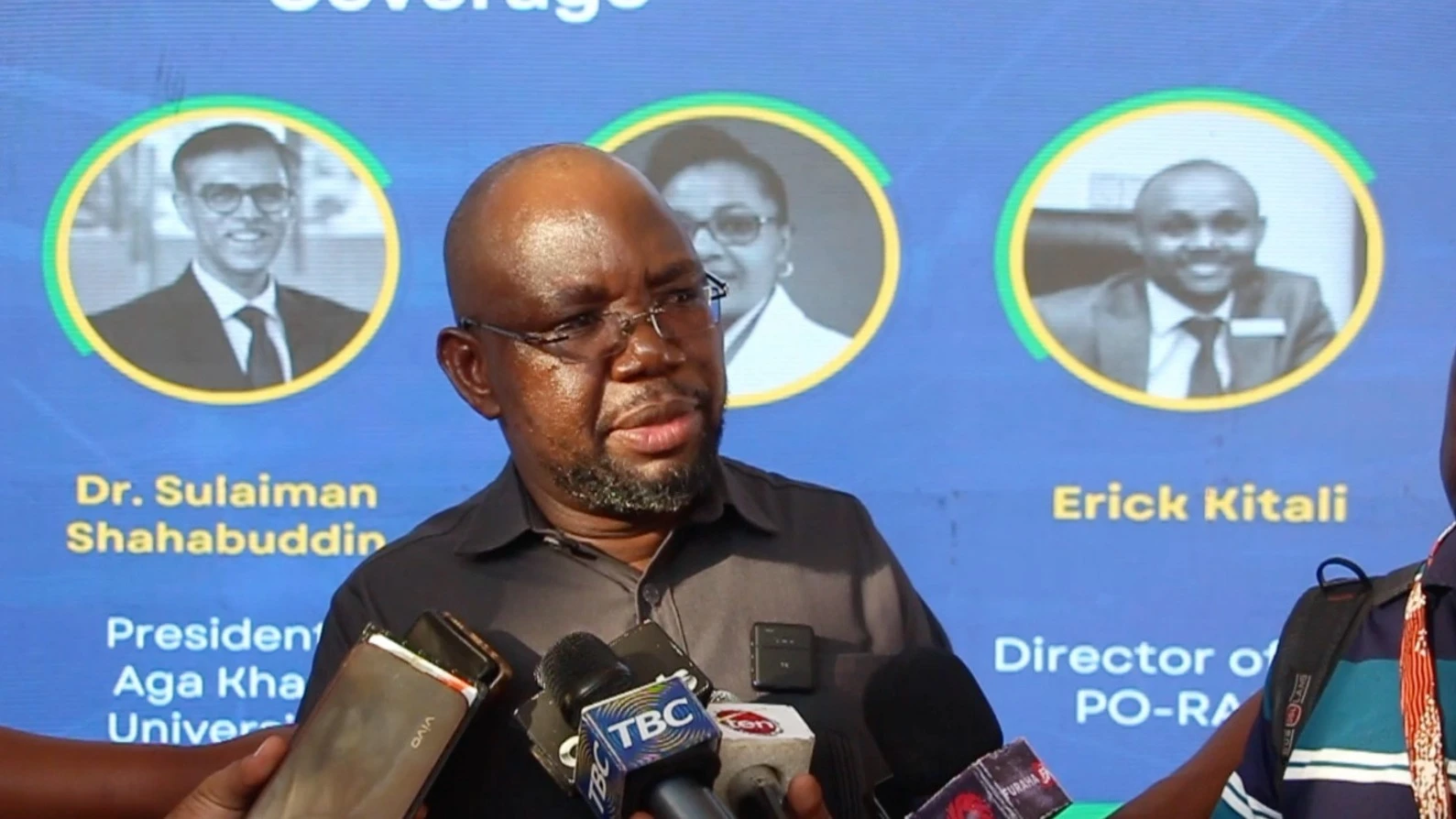Exponential HIV medical costs likely in integrating with NCDs

EXPERTS are proposing a ‘one-stop’ care model integrating services for HIV/AIDS and non-communicable diseases (NCDs), with a visible rise in HIV/Aids care quotations.
Prof. George Ruhago, a principal researcher at the Muhimbili University of Health and Allied Sciences (MUHAS), made this suggestion at a high-level stakeholders’ meeting in Dar es Salaam yesterday that the change would help to improve service delivery optimise resource utilisation.
Medical experts and administrators gathered to refine the implementation roadmap and build consensus on the new strategy, where the top practitioner explained that an integrated model enables patients to receive comprehensive care in a single visit.
"Patients will no longer need to visit separate clinics for different conditions. They will be attended to by a single care team at one screening point and within one system," he said, suggesting that patients will access treatment for HIV, diabetes, hypertension and other conditions all at one health facility.
Dr Kaushal Ramaiya, the Tanzania Diabetes Association (TDA) president, said the method will simplify care and improve follow-up, noting that the country is currently facing a dual burden of persistent infectious diseases like HIV/AIDS and a rising tide of NCDs such as hypertension and diabetes.
This makes treatment integration timely and essential, he said, noting that a key feature of the proposed system is the use of activity-based costing and management to accurately determine the actual cost of each service.
The senior researcher asserted that this system helps medics to track service outcomes and costs in real time, enabling smarter decisions about where and how to allocate resources. “This approach will allow policymakers to identify and fund the most effective practices while eliminating inefficiencies,” he declared.
Dr Friday Ngaleson, a health economist, stated that studies indicate integrating HIV and NCD services marginally increases overall costs but dramatically improves efficiency and patient outcomes.
“This is not just a technical change—it’s a complete shift in how we deliver care,” she explained, pointing out that an integrated care approach is supported by a wide network of international partners, noticeably Harvard University and its adjacent institution, Boston University.
Initial steps for implementation include establishing one-stop clinics across the country and revising reimbursement policies and service tariffs to align with the new delivery model, she elaborated.
The Health ministry and its partners are already in a plan to pilot the model in select regions before scaling it up nationwide, and if successful, the initiative is poised to position Tanzania as a continental leader in integrated healthcare systems, setting a benchmark for patient-centered, cost-effective service delivery across Africa, the ministerial adviser indicated.
Top Headlines
© 2025 IPPMEDIA.COM. ALL RIGHTS RESERVED






















